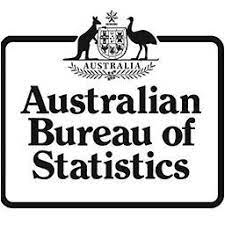
The Australian Bureau of Statistics/Universities Australia agreement allows researchers from our university to apply for free of charge access to various confidentialised datasets. With initial information about the results of Census 2021 released in June second wave of the latest Census data followed in October to include topics covering employment and location-based variables.
Detailed information about the 2021 Census product release guide can be found here.
The latest Census data adds to the vast array of ABS datasets available to our researchers. The full list of all 250 datasets available can be found here.
ABS has been working on initiatives aimed at the longitudinal integration of different datasets to mention a few:
Australian Census Longitudinal Dataset
This dataset uses the Census of Population and Housing to build a longitudinal picture giving an overview of social and economic change over time. Three waves of data have so far contributed to the ACLD from the 2006 Census (Wave 1), 2011 Census (Wave 2) and 2016 Census (Wave 3).
http://www.abs.gov.au/ausstats/abs@.nsf/mf/2080.0?OpenDocument
The Business Longitudinal Analysis Data Environment (BLADE)
Combines business tax data and information from ABS surveys over time to provide a better understanding of Australian businesses and the economy.
https://www.abs.gov.au/AUSSTATS/abs@.nsf/Lookup/8178.0Main+Features1BLADE
Multi-Agency Data Integration Project
The Multi-Agency Data Integration Project (MADIP) is a partnership among six Australian Government agencies to combine longitudinal information on healthcare, education, government payments and personal income tax with population demographics to create a comprehensive social picture of Australia.
http://www.abs.gov.au/ausstats/abs@.nsf/mf/1700.0?OpenDocument
For other opportunities of obtaining confidentialised and open data access please refer to the Library’s Statistical tools and services website.
Inquiries about the datasets and the application procedures can be directed to Dr Pawel Skuza, Statistical Consultant, Flinders University Library.

